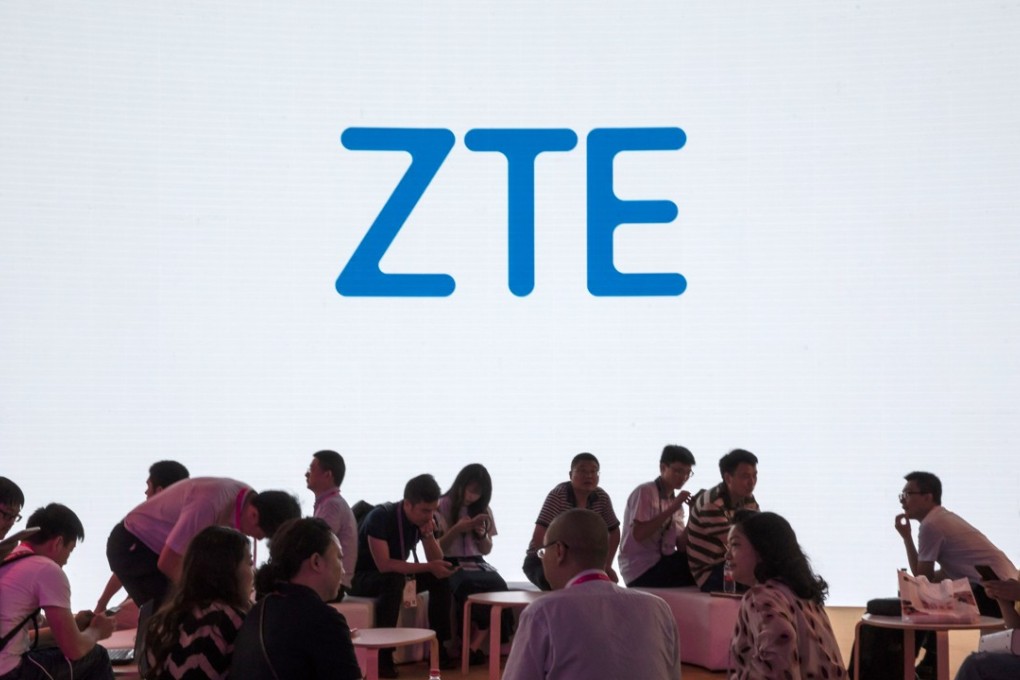China Mobile may well have paid the price of the trade war
The Chinese telecoms company’s application to build its own network in America has been denied by US officials on the grounds of national security. But it is hard not to see the decision as fallout from the Sino-US trade war

The timing could not have been worse. After seven years, the United States government has decided to deny China Mobile’s application to build its own telecommunications network in America. China’s largest wireless network operator has been described by US officials as a threat to national security but it’s hard not to consider the decision as part of the trade war initiated by the Trump White House. The ban may well open another front in Fortress America to prevent mainland firms having a foothold in the US. Washington has already targeted ZTE and Huawei, but these are telecoms equipment manufacturers.
China Mobile is a full-fledged telecoms company. Its application, had it been successful, would have enabled it to connect its own network to those run by America’s domestic operators, and offer mobile, broadband and other telecoms services in the US. American officials did not spell out details about the alleged threat to national security, but it has been argued that access to physical infrastructure and internet traffic could enable Chinese state-owned enterprises such as China Mobile to spy on the US government and steal intellectual property from American companies. Since the exposé by Edward Snowden, it’s widely known that US national security and law enforcement agencies have used their domestic telecoms and internet service providers to obtain information on American citizens. It’s also possible there were concerns that China Mobile might not be so willing to play ball or keep a secret.
It’s still hard to gauge the real intention of the Donald Trump administration as its trade policies have flip-flopped. For example, it appeared to be ready to put ZTE out of business by denying it access to American software components. But ZTE has been negotiating a settlement so the ban on China Mobile may also be negotiable.
Citing national security to justify trade sanctions is almost routine for the US. Washington has imposed steel and aluminium tariffs against Canada on the grounds of national security. It would be hard to think of another country that is less of a threat to the US.
Going against China’s largest telecoms company is fraught with risks. Telecoms giant AT&T has been in China for more than 30 years, providing technical services with local partners that cover more than 300 cities around the country. The move against China Mobile sends a strong signal to Beijing that its most prized hi-tech companies could not expect to do business on a level playing field in the US. That may invite Beijing to retaliate against companies such as AT&T.